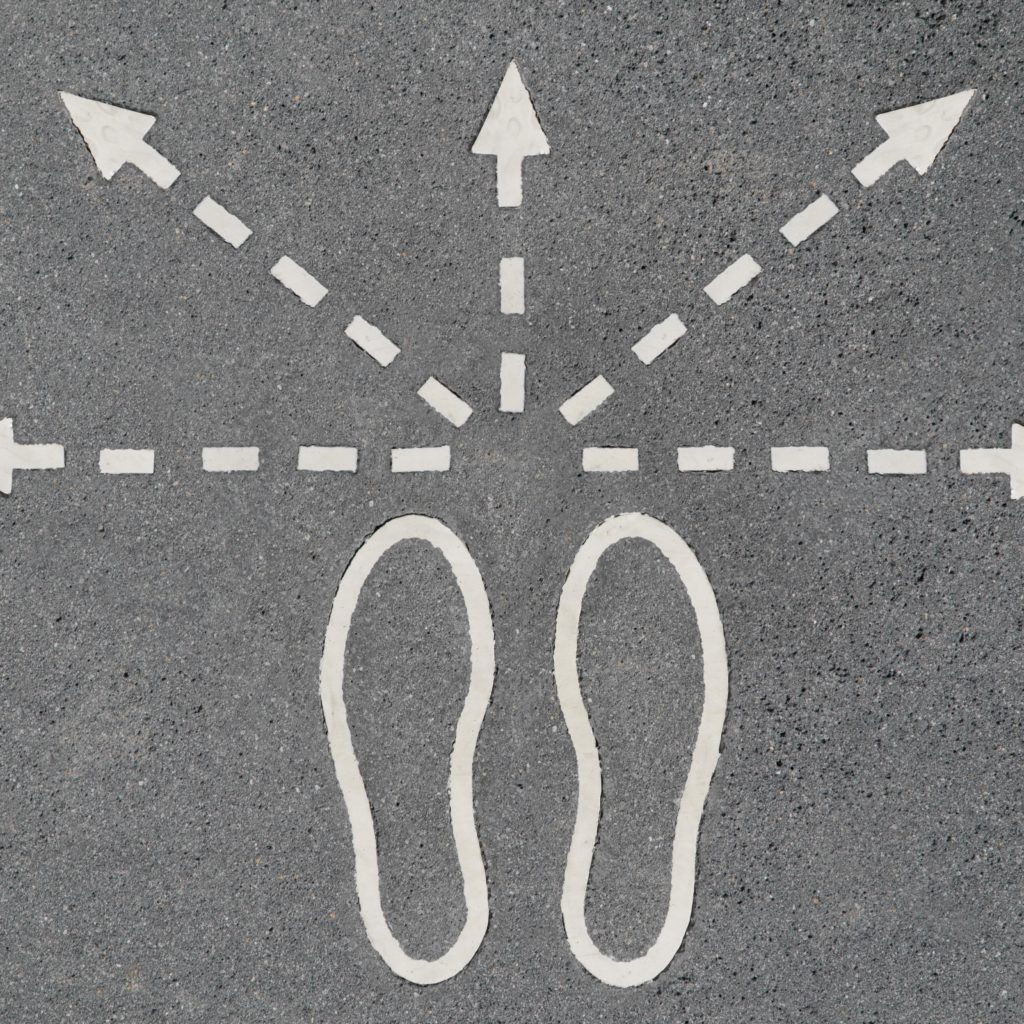School vouchers: The week in review
It has been an interesting week for the ongoing debate over school vouchers in this country, and one that has provided new hope for proponents of expanding voucher or Education Savings Accounts systems to help more students.
 On Monday, the U.S. Supreme Court placed Missouri at the center of a national discussion over religious freedom issuing a 7-2 ruling on the Trinity Lutheran Church v. Comer case and saying that the state should have provided state funding for playground improvements at a preschool owned and operated by a religious institution.
On Monday, the U.S. Supreme Court placed Missouri at the center of a national discussion over religious freedom issuing a 7-2 ruling on the Trinity Lutheran Church v. Comer case and saying that the state should have provided state funding for playground improvements at a preschool owned and operated by a religious institution.
A central issue in the case was something called the Blaine Amendment, an amendment in many state constitutions, including Missouri’s, which prohibits state governments from using public funds for “any church, sector or denomination of religion.”
In the majority opinion, Chief Justice John Roberts said Missouri’s Department of Natural Resources’ interpretation of the Blain Amendment when considering whether or not to provide funding to Trinity Lutheran Church “…expressly discriminates against otherwise eligible recipients by disqualifying them from a public benefit solely because of their religious character.”
School voucher advocates across the country hope the ruling will open the door for more states to enact voucher programs without worrying about conflicts with their Blaine Amendments.
“Today’s Supreme Court ruling reinforces the fundamental constitutional principle that governments cannot discriminate based on religious affiliation,” said former Florida Governor Jeb Bush, Chairman of the Foundation for Excellence in Education. “We are heartened that the Court has helped pave the way for expanding parental choice and providing more children access to a quality education.”
Court orders states to reconsider religious school funding
On Tuesday, the U.S. Supreme Court told Colorado and New Mexico to reconsider two recent rulings on funding for religious schools that may be changed following the Trinity Lutheran Church v. Comer decision.
In Colorado, the state Supreme Court in 2015 struck down a voucher program created by the Douglas County School District over concerns that it violated Colorado’s Blaine Amendment.
In New Mexico, the state Supreme Court ruled against a textbook lending program which provided textbooks to both public and religious schools, saying it violated the state constitution’s ban on public funding of religious or private schools.
New studies show student growth in voucher programs
Voucher programs also got a boost this week from new research which showed students in two of the country’s largest voucher programs achieved academic growth after three to four years in the programs.
The studies provided a much more complete picture of the benefit of voucher programs than several limited studies that were released earlier this year.
Like those earlier studies the two most recent studies, one on Louisiana students and one on students in Indiana, show that students in voucher programs experience some loss in reading in math in their first two years in the program when compared to peers in public schools.
But the new studies follow the students for a longer time period, showing those losses are reversed in the third and fourth year in the voucher program, and showing that there is even some gain in ELA during the fourth year.
Researchers in the Indiana study said the initial losses may be a result of low-performing students adapting to a more rigorous academic environment and private schools adapting to serving different types of students.
Researchers Mark Berends of the University of Notre Dame and R. Joseph Waddington of the University of Kentucky write that the voucher students in Indiana, “appear to be lower-achieving students from the public sector and enter private schools substantially behind their private school peers.”
« Previous Post: BUILDING THE FUTURE: Rural MO school offers virtual summer academy for entire state
» Next Post: CEAM in the News-2017